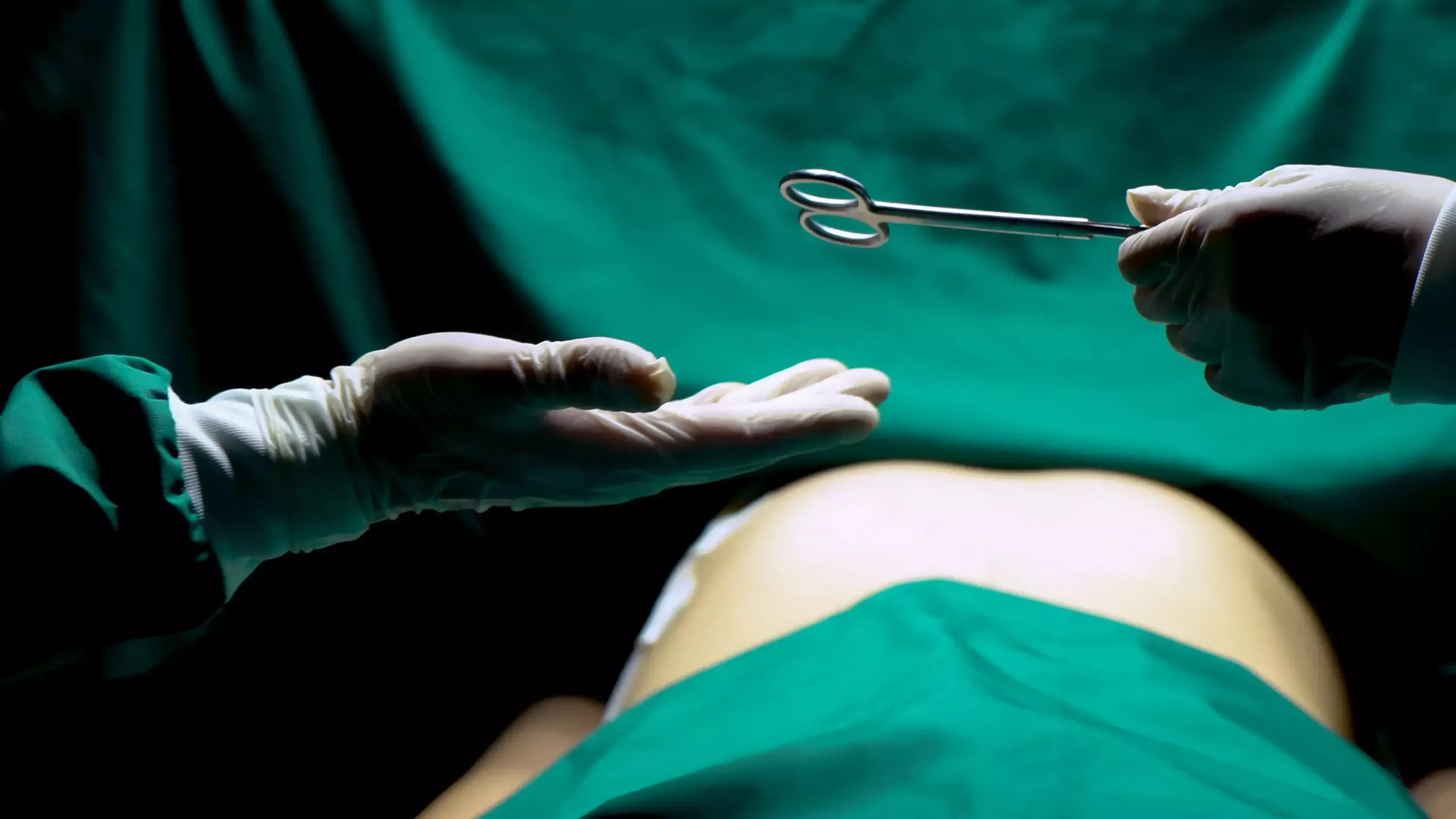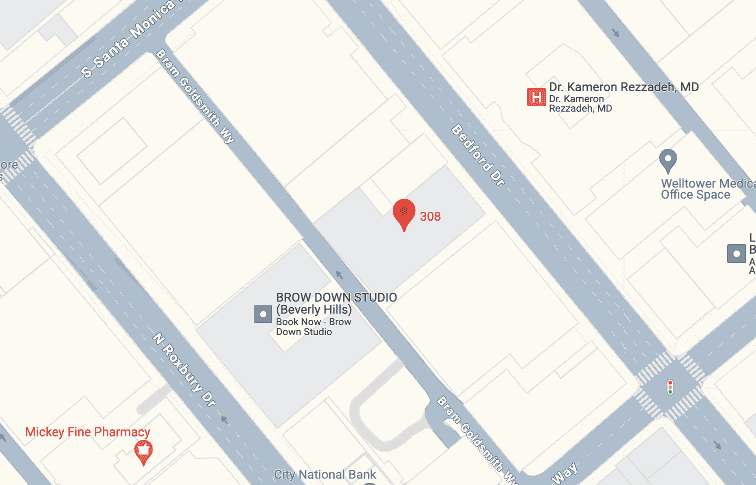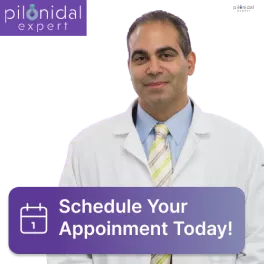A general surgeon for pilonidal cyst is a healthcare professional who plays a pivotal role in diagnosing and treating this often painful and potentially serious medical condition. Pilonidal cysts are not only painful but can also become a serious medical issue if left untreated. In this article, we will explore what happens when you ignore a pilonidal cyst and why it’s crucial to seek medical attention promptly. We will also discuss the role of a general surgeon in treating pilonidal cysts and which doctors can help manage this condition.
Understanding Pilonidal Cysts
It’s crucial to comprehend what a pilonidal cyst is in order to comprehend the effects of ignoring one. A pilonidal cyst is a pocket-like growth that appears at the coccyx, or base of the tailbone, close to the buttock crease. These cysts can range in size and contain foreign substances like hair and skin fragments. While the precise cause is not always known, elements like ingrown hairs, friction, and poor hygiene may play a role in their development.
Also See : What Doctors Type are Certified to Remove a Pilonidal Cyst
Initial Symptoms and Risks
A pilonidal cyst may not initially be painful or uncomfortable when it first appears. However, the following signs and symptoms are frequently present:
- Pain and Tenderness: Mild to moderate pain and tenderness in the affected area.
- Swelling: Swelling or a small lump near the tailbone.
- Redness: The area may look irritated and red.
Some people might be hopeful that the cyst will go away on its own at this point because it may not be immediately concerning. But ignoring these early symptoms raises a number of potential complications.
Complications of Ignoring a Pilonidal Cyst Infection
Infection is one of the most typical complications. A painful abscess may develop if the cyst turns into a bacterial nexus. The pain, fever, and pus drainage from this infection may be more intense. Your daily life and mobility may be significantly impacted by an infected pilonidal cyst.
Recurrent Cysts: Ignoring a pilonidal cyst can result in recurrent flare-ups and the growth of numerous cysts in the same region. These recurrent cysts can be harder to treat and might necessitate more invasive procedures.
Formation of Sinus Tracts: Pilonidal cysts have the potential to develop sinus tunnels or tracts over time if left untreated. These tracts may cause chronic drainage of pus or blood and be uncomfortable.
Cellulitis: Cellulitis, a skin infection that can spread rapidly, is another risk associated with untreated pilonidal cysts. If not treated right away, this condition can cause a fever, chills, and a systemic illness.
Abscess Drainage: In severe cases, an untreated cyst can rupture, leading to spontaneous drainage of pus and debris. While this may offer short-term comfort, it does not address the underlying problem and may even make things worse.
Seeking Medical Attention
It is imperative to speak with a medical expert if you think you may have a pilonidal cyst because of the potential complications. A general surgeon is typically the medical professional you need to see for pilonidal cyst evaluation and treatment. General surgeons are skilled in surgical procedures and have the knowledge and tools necessary to identify and treat pilonidal cysts.
The general surgeon will assess the size, seriousness, and any related complications of the cyst. Treatment choices could be:
Drainage and Incision: The surgeon may need to make an incision to drain the pus and debris from an abscess or an infected cyst. This may bring about immediate relief and speed up the healing process.
Pilonidal Cystectomy: Surgical removal of the cyst and its underlying tissue may be required in more severe cases or if the cyst recurs frequently. The pilonidal cystectomy procedure aims to stop recurrences in the future.
Lifestyle Modifications: General surgeons may suggest lifestyle modifications in addition to surgical procedures to lower the risk of recurrence. Advice on grooming, hair removal, and methods to reduce friction in the affected area can all be included.
Who Treats Pilonidal Cyst?
Pilonidal cysts need specialized medical care due to their unusual location and potential complications they may cause. Here, we’ll go into more detail about the individuals who specialize in treating pilonidal cysts and their role in effectively managing this condition.
1. General Surgeon:
First Line of Defense Your primary care doctor or a general practitioner should be your first port of call if you think you might have a pilonidal cyst. They can evaluate your symptoms, offer basic advice, and, if necessary, refer you to a specialist.
General surgeons are frequently the medical professionals in charge of primarily diagnosing and treating pilonidal cysts. They are qualified and experienced to assess the cyst’s size, severity, and possible side effects.
Surgical Procedures: In cases of abscess formation, recurrent cysts, or advanced pilonidal disease, a general surgeon may recommend surgical interventions. These procedures might entail performing a cystectomy, draining an abscess, or removing the affected tissue.
Follow-Up Care: General surgeons are also in charge of post-operative care, ensuring proper recovery and giving advice on how to change one’s lifestyle to avoid recurrence.
2. Colorectal Surgeon: Complex Cases:
A colorectal surgeon may be consulted in cases where pilonidal cysts are particularly severe, have grown extensive sinus tracts, or have led to complications affecting the anus or rectum. These experts have received advanced training in treating ailments of the colon, rectum, and anus.
Colorectal surgeons have the surgical expertise required to handle complex pilonidal cyst cases, which may necessitate flap closure or other sophisticated procedures.
3. Dermatologist:
Consultation for Skin-Related Problems: Dermatologists are specialists in skin conditions and may be consulted for pilonidal cysts that primarily present with skin-related issues like inflammation, pain, or recurring infections.
Dermatologists can provide guidance on hair removal methods and skincare regimens to help lower the risk of recurrence and manage symptoms.
4. Wound Care Specialist:
Wound care specialists can offer specialized care to promote healing and avert complications in cases of complex pilonidal cysts that result in chronic wounds or non-healing lesions.
5. Infectious Disease Specialist:
Infectious disease specialists may be consulted to help with treatment in cases where pilonidal cysts cause severe infections that may need particular antibiotic management or if the infection spreads throughout the body.
6. Primary Care Physicians and Nurse Practitioners:
Initial Assessment Often, your primary care doctor or nurse practitioner is crucial in the initial assessment of pilonidal cysts. When necessary, they can direct you to a specialist and offer advice on early management.
7. Nurse Practitioners and Physician Assistants:
Ongoing Care: Nurse practitioners and physician assistants can assist in the ongoing management and follow-up care for pilonidal cysts, including wound care and lifestyle recommendations.
Pilonidal Experts – The Premier Choice for Pilonidal Cysts
If you are still wondering which doctor treats pilonidal cysts, look no further than Pilondal Experts! As dedicated healthcare professionals specializing in pilonidal cyst treatment, we have the knowledge, experience, and commitment to offer you the highest standard of care.
Don’t wait! Contact our team today and speak with a general surgeon for pilonidal cyst today.








